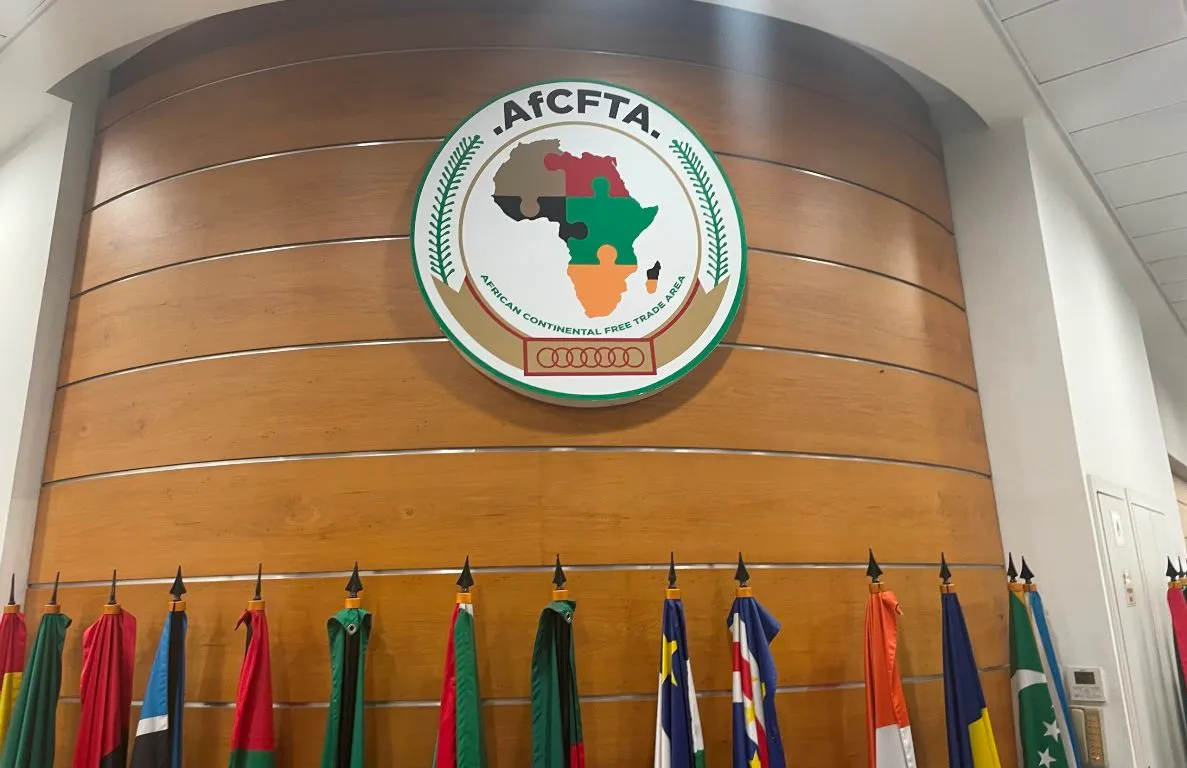The Minister of Budget and Economic Planning, Atiku Bagudu, stated that the Federal Government is collaborating with other countries to create remote work opportunities for Nigerian youths.
Bagudu made this disclosure at the KPMG budget 2025 day aired on Arise TV on Monday.
Bagudu highlighted that this is the first full-year budget following the total deregulation of petroleum prices, the foreign exchange market, and the reduction of electricity subsidies through tariff categorization. He emphasized that these measures indicate the economy is moving in the right direction.
Nigeria, with one of Africa’s largest youth populations, saw its unemployment rate drop to 4.3% in Q2 2024 from 5.3% in Q1, according to the National Bureau of Statistics.
The Nigeria Labour Force Survey also reported an increase in labour force participation among the working-age population, rising to 79.5% in Q2 from 77.3% in Q1 2024.
Bagudu, responding to concerns about human capital development, budgetary allocations to education, and potential defaults in the Nigerian Education Loan Fund, stated ““I think for us the big story is that the economy is headed in the right direction. And once it is headed in the right direction, what is important is actions to do so. When public investment is made to support education and skill in an economy that is facing in the right direction, then the private sector can even be more confident that there’s a skill set in the country that can support private investment. And it makes sense. It’s mutually profitable.
“So, both the NELFUND and the increase in spending on education are designed to support that. Equally, we are engaging with many countries in order to see how legitimately our young ones can provide outsourcing services from where they are and can participate in business processing.
“I was in Enugu about a month ago, where I visited the European Business Park supported by the Australian Development Corporation. And young men and women are providing services from Enugu to companies in Europe. We are talking to a number of countries. My ministry is leading that because we are responsible for development cooperation. The current country director of the World Bank was coming from the Philippines, where he helped create over 1.5 million jobs for young men and women in the Philippines, providing services to companies from the Philippines. We are engaging him to share that experience. The Ministry of Digital Economy is currently in the process of training three million Nigerians in technology jobs.”
Bagudu added that there is a dedicated fund for training, and other countries are already seeking Nigerian talent.
“We have seen demand for software engineers from different countries. The Japanese ambassador told me that Nigeria is the first call for Japanese companies now seeking software engineers. So, this investment, yes, there might be some risk. Somebody who took a loan may be challenged even in a normal market. We have seen the student loan market in the United States, which is more advanced than ours. Sometimes, the government may even need to intervene. But I think for Nigerians, I believe that is a desirable programme to the extent that even if circumstances demand that those beneficiaries are supported by a reduction, I’m sure Nigerians will welcome it,” the minister added.
Bagudu noted that maintaining the positive economic momentum could ease debt servicing, a major concern for many analysts.
“On the deficit of N14tn given what we saw in the innovative approaches to financing, first, because you don’t have recourse to the central bank of Nigeria at all. So, under no circumstance would the Central Bank be going above the legal limit of five per cent. So, we are going to market, and we are going to market in different ways. Innovative financing and innovative approaches: the local bonds have been issued where governments have raised money. This, of course, represents a statement of intention, just to ensure that those whom we have borrowed from will be confident that we will have enough to meet our debt service obligation. But if, as we anticipate, economic conditions will continue to improve, we may not need to spend up to that in debt service,” he said.
The Minister stated that investor engagements by the Federal Government in the agriculture sector were producing positive results.
“He said, “The new top agenda is agriculture and food security. The thought process is that agriculture is a key to poverty reduction; it’s a key to uplifting people out of poverty; it’s a key to reducing inflation as well as our desire to achieve a higher level of inclusive growth because it has the capability of mobilising more people or supporting more people to do more. And what we saw in the last few months was a strong bumper harvest in many states occasioned by increased security, weather conditions, and increased activity by those in the agricultural space, which is already impacting the prices of food items.
““It gives further impetus to do more in agriculture so that we maintain the trajectory of moving, modernising our agricultural production from the artisanal level to the livestock sector to the fisheries sector so that we can get yields to be higher, because, with improved yields, our people engaged in agriculture become wealthier, which is a driver of wealth creation. Thus, more money, N1.5tn, has been put into the budget to (re)capitalise the Bank of Agriculture. And it is anticipated that with that recapitalisation, the challenge we are seeing in funding agriculture by mainstream banks will be compensated for.”
Also speaking, a partner at KPMG, Wole Adelokun, said that pegging the naira at ₦1,500/dollar in the 2025 budget was realistic given market trends but remained vulnerable to risks.
Adelokun suggested three solutions to mitigate these risks and stabilize the naira.











